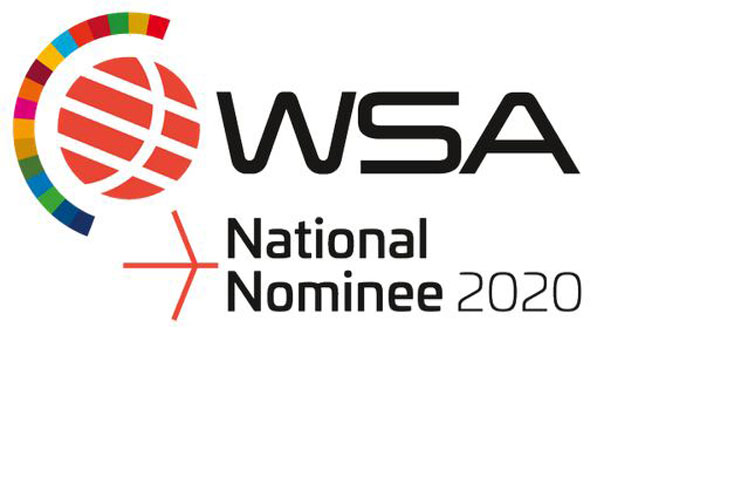
06 November 2020 | For: Institutional Communication Department Mincom
Cuba is nominated with two projects for the World Summit Award (WSA), a global initiative whose objective is to select and promote the best of the world in digital content and innovative applications. Likewise, it promotes the creation of varied informative content and the digitization of educational, scientific and cultural heritage. These recognitions are offered in cooperation with the United Nations (UN World Summit on the Information Society). Within the competition, the projects presented are divided into seven categories according to their corporate purpose, character and ability to transform the environment (Content, Functionality, Design, Technology, Innovation, Impact and Global Value / United Nations) hence their results have the opportunity to be presented to world leaders and business members of the United Nations.
The nominated Cuban projects: «Community WiFi Network», belonging to the Joven Club and «Center for the interpretation of Cuba-Europe cultural relations», from the Office of the Historian. The "Community WiFi Network" project as the best digital solution in Cuba in the Government and Citizen Participation section, competing with nominations from 80 countries. The main objective of the project is to expand TinoRed, the Joven Club network and the most extensive in the country, to all communities. Intensive work has been done to create the infrastructure within the facilities to bring higher quality products and services to the Cuban family. Currently there are more than 27,000 users connected via wireless and they are enjoying a wide variety of products: Video games, chat, voice, messaging, the Cuban EcuRed Collaborative Encyclopedia, the Cultural Mochila, Estanquillo, Reflejos product and more than guarantee the complete enjoyment and learning of the Cuban family. The museological and educational proposal of the Palacio del Segundo Cabo, in the Learning and Education category. This nomination is due to the novel and didactic use of new information and communication technologies (ICT) in the museum of the Center and the impact it has generated on the public. The Center, attached to the Office of the Historian of the city of Havana, is a museum space that communicates cultural content from multiple communication resources: audiovisuals, scenographies, infographics, paneling, three-dimensional information supports, replicas of heritage objects available to the touch, sound modules, touch devices, augmented reality, software and apps that allow efficient communication of complex knowledge with different levels of accessibility. Access to knowledge and education is enhanced, which is why it also disseminates its contents from a Media Library and in a systematic sociocultural programming.
The mission of the Palacio del Segundo Cabo is to promote knowledge of the cultural relations between Cuba and Europe in its permanent exhibition and through various socio-cultural projects aimed at different audiences, promoting access to and use of new technologies. It is the first digital museum conceived in Cuba. It encourages a more experiential, interactive, than contemplative visit to the museum, where the user is the protagonist in each area of museum management. It investigates and promotes topics that, through different actions and workshops, have managed to arouse the interest of the community. In addition, it carries out the development of app, software, editorial and audiovisual news. According to WSA President Peter A. Bruck: “WSA combines two main perspectives in its initiative: first, commitment to the UN SDGs and how to use ICT for development. And secondly, the development of a global knowledge society. The UN SDGs should be our measure, in terms of what to look at and where to look. Today we live in a completely different environment, through the mobile revolution, through the emergence of the algorithmic age, data has become as much capital as labor, land money and machinery. Hence, it is more important than ever to assess what great content really offers solutions and impact. Local and qualitative content has become the key and permanent theme. WSA presents an innovation that uses ICTs for social connectivity. Connect to make an impact ”.